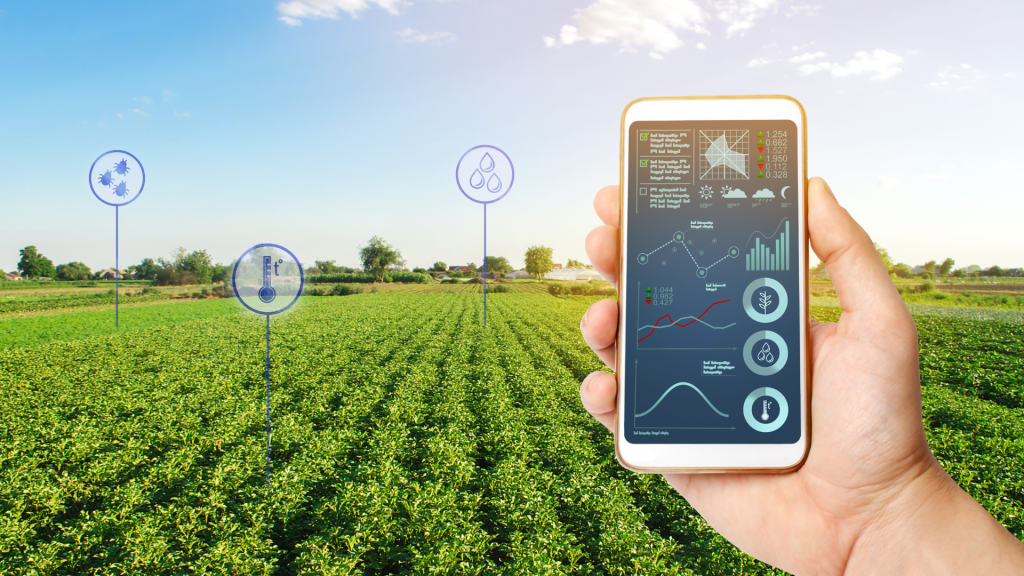Data-Driven Agriculture: A Sustainable Revolution
In the face of a burgeoning global population expected to reach 9.7 billion by 2050, the agricultural sector is under immense pressure to meet rising food demands sustainably. The key to navigating this challenge lies in adopting data-driven agriculture with tools and resources that promise to revolutionize farming practices, enhance productivity, and contribute to environmental sustainability.
The Essence of Data-Driven Agriculture
Data-driven tools encompass various technologies designed to leverage information for the benefit of farmers. From soil and water sensors to satellite imagery, farm management software, and decision support tools, these innovations provide a wealth of data that can be harnessed to optimize agricultural practices.
Personalized Recommendations for Precision Agriculture
One of the primary advantages of data-driven tools is their ability to offer personalized recommendations. By analyzing farm-specific data, these tools can provide farmers with insights tailored to their unique conditions. For instance, soil and water sensors help optimize irrigation and nutrient management, contributing to efficient resource use.

Accessibility and Connectivity
In the era of digital connectivity, data-driven resources can be made available through online platforms and mobile applications. This facilitates easy access to information and advice, particularly benefiting smallholder farmers who may lack access to traditional extension services. Moreover, these tools foster connectivity among farmers, creating a collaborative ecosystem for shared insights and best practices.
Real-Time Monitoring and Early Warning Systems
Integrating real-time monitoring and early warning systems is a game-changer in risk management. Farmers can receive timely alerts about potential threats such as pests, diseases, or adverse weather conditions, enabling them to take proactive measures and minimize losses.
Market Intelligence for Informed Decision-Making
Data-driven tools provide farmers with market intelligence, empowering them to make informed decisions about crop selection and production levels. This aligns agricultural practices with market demands, contributing to better economic outcomes for farmers.
The Benefits of Data-Driven Agriculture
The benefits of embracing data-driven tools in agriculture are manifold:
- Increased Productivity: Farmers can enhance crop yields and livestock production through optimized resource management.
- Improved Profitability: By reducing costs and improving efficiency, farmers can boost their overall profitability.
- Reduced Environmental Impact: Data-driven tools enable farmers to minimize water and pesticide use and lower greenhouse gas emissions.
- Enhanced Resilience: Farmers with data-driven insights are better prepared to adapt to climate change and other challenges.
Looking Ahead: A Sustainable Agricultural Future
In addition to the immediate benefits, data-driven agriculture empowers farmers to make informed decisions, build trust in new technologies, and fosters innovation and collaboration within the agricultural sector. As the global population continues to grow, the role of data-driven tools and resources in ensuring sustainable, resilient agriculture becomes increasingly vital.
Governments, researchers, and technology developers must collaborate to ensure the accessibility and adaptability of these tools. By embracing a holistic approach that integrates data-driven technologies into existing agricultural practices, we can pave the way for a future where farming is productive, profitable, environmentally sustainable, and resilient in the face of evolving challenges. The time to embrace the data-driven agricultural revolution is now.










































































